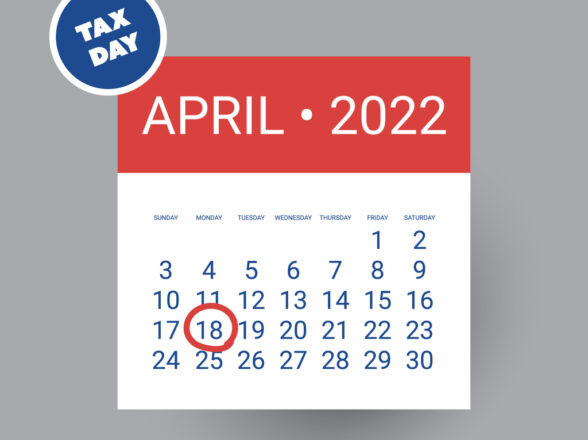Blog
Research Proves “You Can Never Have Too Much Money”

When it comes to the age-old debate of whether money can buy happiness, recent research suggests that the answer is a resounding “yes” – and more is indeed better. A groundbreaking study by a senior fellow at the Wharton School has challenged the long-held belief that there’s a happiness plateau once a certain income level is reached.
This research reveals that both millionaires and billionaires report significantly higher levels of happiness compared to individuals earning over $500,000 annually. This finding shatters the previously accepted notion that happiness levels off after a certain income threshold. The study’s author, who specializes in the causes of human happiness, has provided compelling evidence that contradicts the idea of a “happiness plateau.”
The implications of this research are profound. It suggests that the pursuit of wealth, even at the highest levels, can continue to yield positive returns in terms of personal well-being. This insight not only reshapes our understanding of the money-happiness relationship but also challenges us to reconsider our perceptions of success and fulfillment in life.
The chasm between the low and high ends of the income spectrum is not just wide; it’s a veritable Grand Canyon of economic disparity. What’s truly eye-opening is that the most significant leaps in financial well-being occur above the median income. This revelation challenges our conventional understanding of wealth distribution and its impact on happiness.
Consider this: the difference in happiness between the richest and middle-income groups is almost three times larger than the gap between middle- and low-income groups. This staggering statistic underscores the exponential nature of wealth’s influence on life satisfaction. It’s not a linear progression; instead, it’s a hockey stick curve that shoots upward once you surpass the middle-income threshold.
This phenomenon has far-reaching implications for how we view social mobility, economic policy, and personal financial goals. It suggests that while lifting people out of poverty is crucial, there’s an entirely different game being played at the upper echelons of wealth. The rewards for climbing higher on the income ladder become increasingly substantial, offering not just material comforts but potentially life-altering levels of happiness and opportunity.
Understanding this reality is essential for anyone aspiring to improve their financial situation. It’s not just about earning more; it’s about strategically positioning oneself to access the disproportionate benefits that come with higher income brackets. This knowledge can be a powerful motivator and a guide for making informed decisions about career paths, investments, and long-term financial planning.





























































































